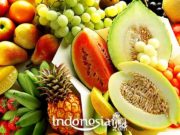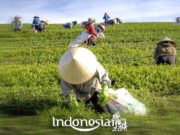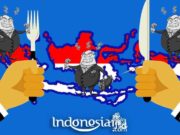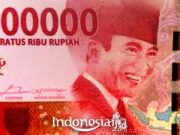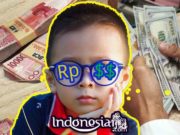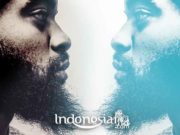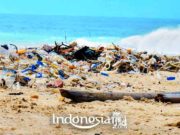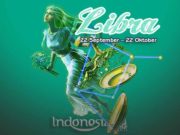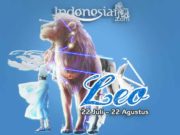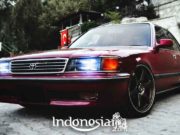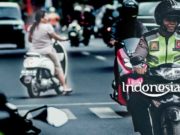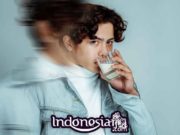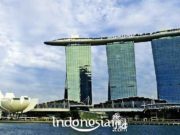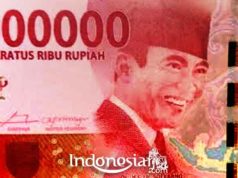In associating with Papuans, Papuans tend to be open to diversity and have a high attitude of tolerance. Some perceptions of Papuans as people who are difficult to socialize or adapt to are not the truth.
The simple lifestyle of some Papuans is associated with the assumption that it is difficult for Papuans to face differences. But really, is that so?
The Korowai community in Yafulfa Village, Boven Digul, in southern Papua has a traditional tree house architecture (luop haim) and understands traditional practices amid the socio-economic dynamics that occur in Papua.
The Koroway tribal community highly values differences despite living in an isolated environment. My research shows that in this modest living community, they are quite accepting of differences.
The Koroway tribe only made contact with the outside world in 1978 when they met Dutch missionaries and previously lived scattered in bolup (residential areas and hunting grounds according to clans). Bolup still exists as a hunting and gathering area, as well as a location for watching sago caterpillar parties or tall houses.
Even though the Koroway people have experienced the remote indigenous community empowerment program from the Ministry of Social Affairs, their lives are still isolated. Road access and education and health facilities are limited. This isolation creates a unique situation of isolation, so that the interaction between Koroway people and others is not intensive.
Then, does the situation of the Korowai people who have had very little contact with the outside world make them react violently to something different? The Korowai ethnic community is very respectful and tolerant of ethnic and religious differences even though they are predominantly Christian. The interaction of the Korowai tribe shows that there is no conflict between traditional life patterns and patterns of interaction in the context of diversity.
In Indonesia, perceptions of difference that lead to racism are rarely disputed. For example, the disparaging view of Papuans being drunk, and even their scent is often spoken.
Some of us still see racism against Papuan students as normal. This is none other than because often hateful sentiments are present in issues that are so close and attached to our daily lives that we do not criticize them and consider them a natural interaction so that racism remains.
So, there are many things we can learn from the Korowai Papuan community. come on, get interesting information and add insight from Indonesiar.com.




